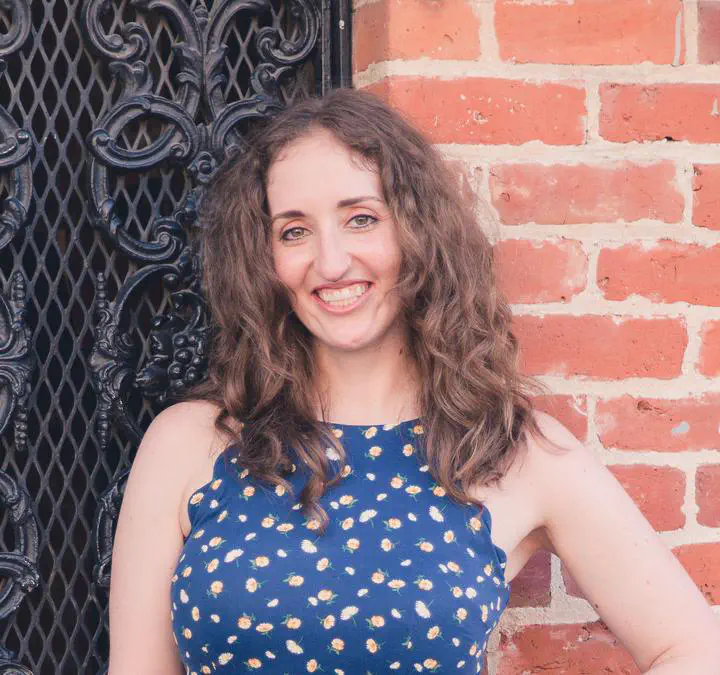Community as Connectivity: The relationality of digital ecosystems in contexts of precarity

Abstract
Over the past several decades, Cubans have developed multiple collective strategies to navigate extended periods of constraint and precarity, from resource shortages to a global pandemic. With the increasing presence of internet technologies in Havana, digital media has become entangled in these processes, resulting in overlapping internet ecosystems supported by human relationships. In this talk I unpack the social nature of internet engagements in Havana through the lens of relational infrastructure—the people, relationships, and social practices that Cubans rely on to sustain overlapping internet ecosystems as they adapt and endure through social, economic, and political pressures. Drawing on in-person and virtual ethnographic data from the last 10 years, I describe how people in Havana achieve their goals: by stitching together the digital, the physical, and the social. Looking at sociotechnical engagements through this lens reveals innovative strategies alongside power dynamics and structural inequalities, thereby challenging reductive assumptions regarding the impact of internet technologies. I argue that if we want to understand the impact of the “internet” in Havana—in addition to exploring the economic, political, and recreational dimensions of digital engagements—we must also consider how relationships enable and constrain networked exchanges within communities.
Resource for Attendee: None
Seminar Details
Presenter Bio
Dr. Michaelanne Thomas is an Assistant Professor in the School of Information at the University of Michigan where she directs the Anthropology & Technology Lab (ATL) research group. A sociotechnical anthropologist, Thomas and her students use ethnographic methods to explore how communities at the margins collaboratively design and engage with information communication technologies (ICTs) for survival, resistance, and social change. Thomas’s work investigates the issues of power and privilege that are often hidden in most celebratory embraces of grassroots innovation. Her primary fieldsite is Havana, Cuba, where she has been investigating the collaborative creation of internet ecosystems since 2014. Her work has been published and awarded in top venues, such as ACM SIGCHI, ACM CSCW (Computer Supported Cooperative Work & Social Computing), 4S (The Society for the Social Studies of Science) WWW (ACM International World Wide Web Conference), and The Conference on Cuba and Cuban American Studies. Her work has been featured in The Atlantic, New Scientist, Motherboard, CNN, Reuters, and Vice, among others. Before her professorship, Thomas earned a Presidential Postdoctoral Fellowship at the University of Michigan and a Microsoft Research Doctoral fellowship while receiving her PhD in Human-Centered Computing from Georgia Tech. Thomas received an M.A. in sociocultural anthropology from Georgia State University.